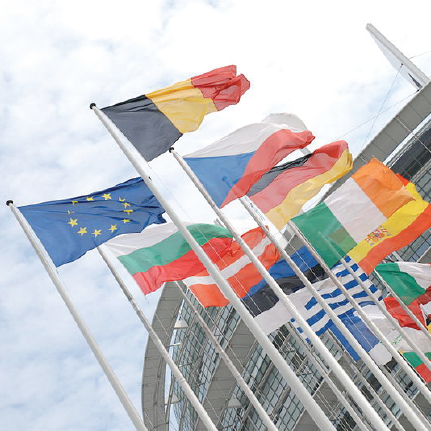
This paper addresses the intriguing situation in which there is an identified paradox inside the Polish society, namely strong Euro-enthusiasm combined with clear EURO-scepticism. The author of this article differentiates between EURO-scepticism and Euro-scepticism. Euro-scepticism is a r ecognised and extensively researched phenomenon across Europe, most generally conceptualised as a negative attitude towards the European integration process (in particular in the form of the European Union). EURO-scepticism, by contrast, is a much narrower category which can be characterised as a negative attitude towards the monetary integration on a supranational level, its deepening, participation in it, etc. Poland serves as an example of this in this paper. In Poland, we can observe the interesting paradox of substantially pro-EU attitudes in society combined with strong anti-EURO feelings. They translate into a stable position of Poland in the outer core of the EU. Based on the available public opinion reports (from the national and supranational level), this paper aims to answer the question why there is so much EURO-scepticism in such a Euro-optimistic society and why it matters.